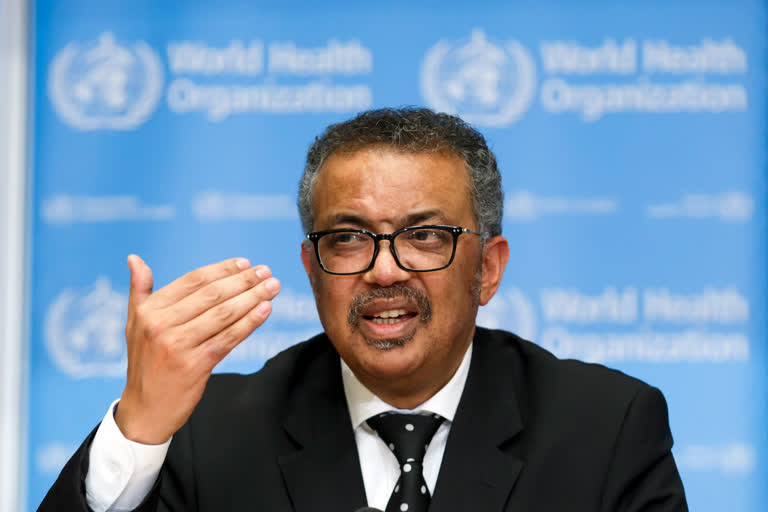Geneva: World Health Organisation's director-general Tedros Adhanom Ghebreyesus on Tuesday warned that the novel coronavirus was a "very grave threat" for the world as he opened a conference to combat the epidemic.
"With 99% of cases in China, this remains very much an emergency for that country, but one that holds a very grave threat for the rest of the world," Ghebreyesus said in Geneva.
Read also: Malaysian Hindus defy virus fears to mark festival
Some 400 scientists will review how the virus is transmitted and possible vaccines at the two-day forum.
"What matters most is stopping the outbreak and saving lives. With your support, that's what we can do together," Tedros said.
Read also: Built in 10 days, China's virus hospital takes 1st batch of patients
The virus, first identified in China on December 31, has killed more than 1,000 people, infected over 42,000 and reached some 25 countries.
Participants will also discuss the source of the virus, which is thought to have originated in bats and reached humans via another animal such as snakes or pangolins.
There is no specific treatment or vaccine against the virus, which can cause respiratory failure.
Tedros, who has repeatedly urged countries affected to share their data, called for global "solidarity".
"That is especially true in relation to the sharing of samples and sequences. To defeat this outbreak, we need open and equitable sharing, according to the principles of fairness and equity," he said.
"We hope that one of the outcomes of this meeting will be an agreed roadmap for research around which researchers and donors will align," Tedros said.
Several companies and institutes in Australia, China, France, Germany and the US are racing to develop a vaccine -- a process that normally takes years.
Asked whether scientists from Taiwan would be allowed to take part in this week's Geneva conference, WHO officials said that they would do so but only online -- along with colleagues from other parts of China.
While the WHO does not deal with Taiwan directly and only recognises Beijing, Taiwan was often allowed to attend annual assemblies and sideline meetings as an observer.
But in recent years it has been frozen out as Beijing takes an increasingly combative stance towards democratic Taiwan, which it considers its own territory.
With inputs from PTI



